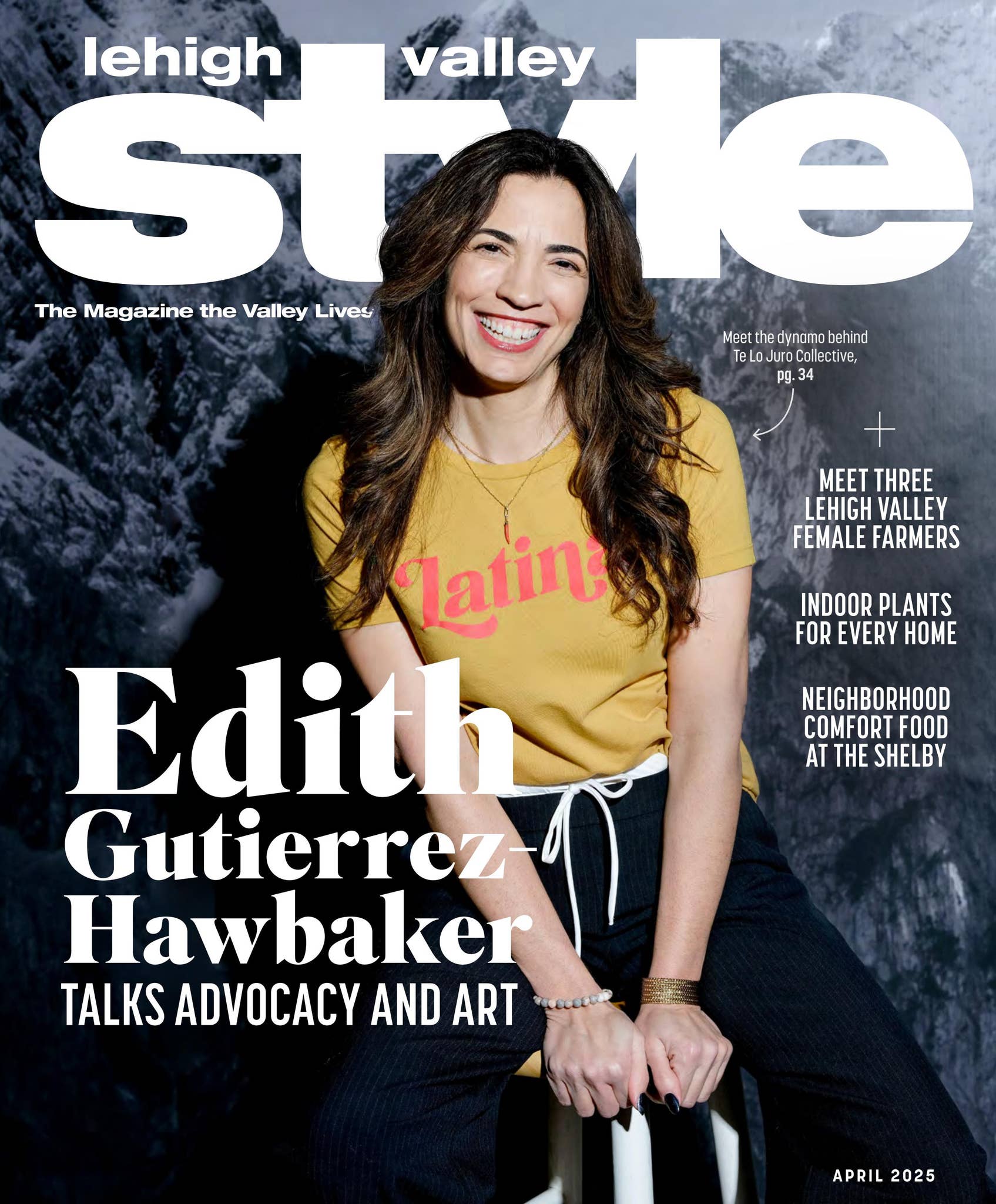Four local families are sharing their favorite parts of their cultural and religious celebrations, along with the recipes that are meaningful to them. Read on, and you may want to incorporate something into your own festivities.

Once the calendar turns to November, there's no shortage of holiday customs to look forward to for Marco Calderon, his wife, Eveily Freeman, and their two sons, Kana, 8, and Luka, 5, of Allentown. “It feels like a steady progression from the day after Thanksgiving,” says Freeman. That's when the family of four heads out together to select and cut down a Christmas tree for their home. Freeman says it's among her favorite traditions: “I love bringing the outside in and having that be part of our winter.” Her husband and sons, she says, might select something else as their favorite festivity; after all, they have plenty to pick from.
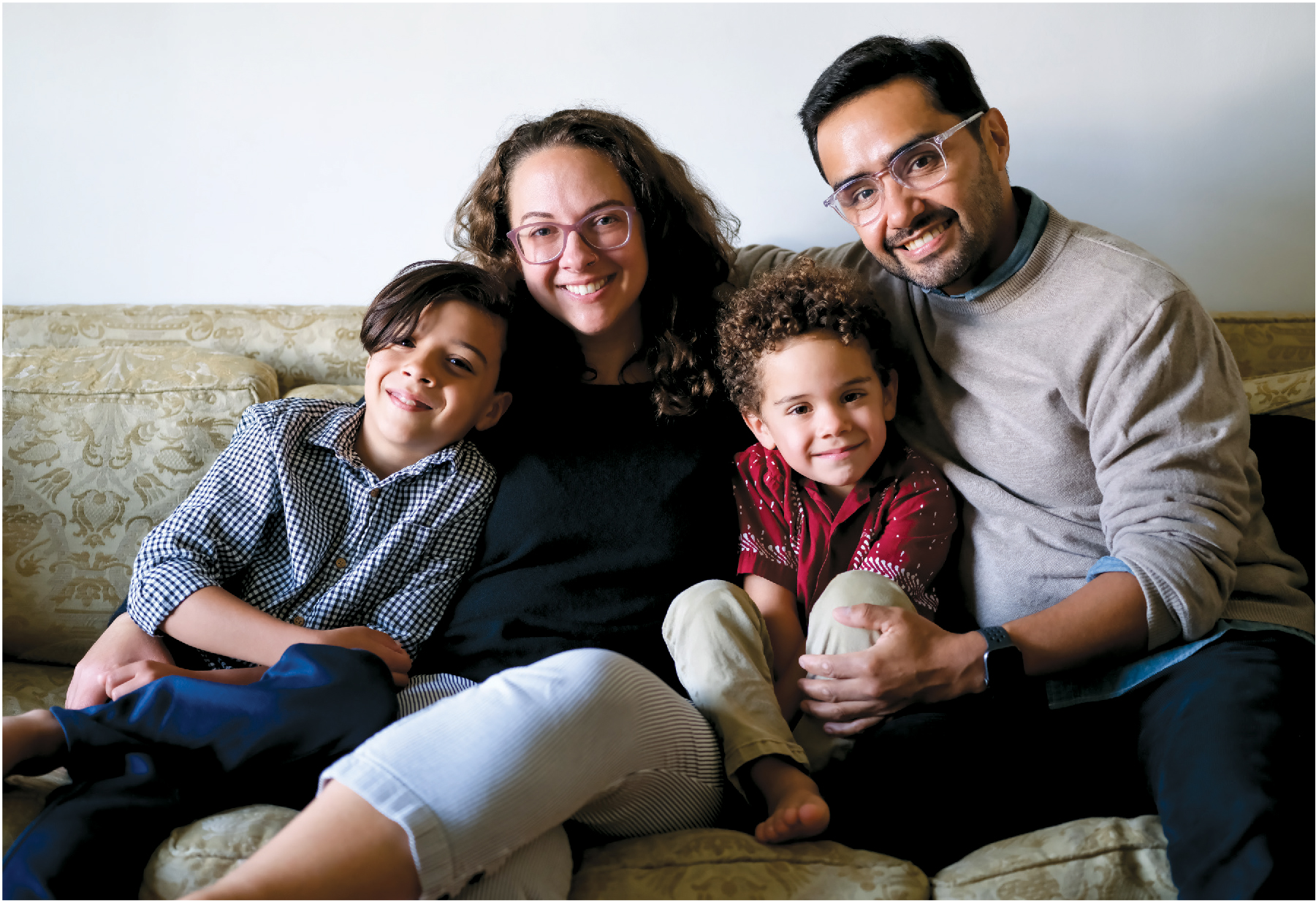
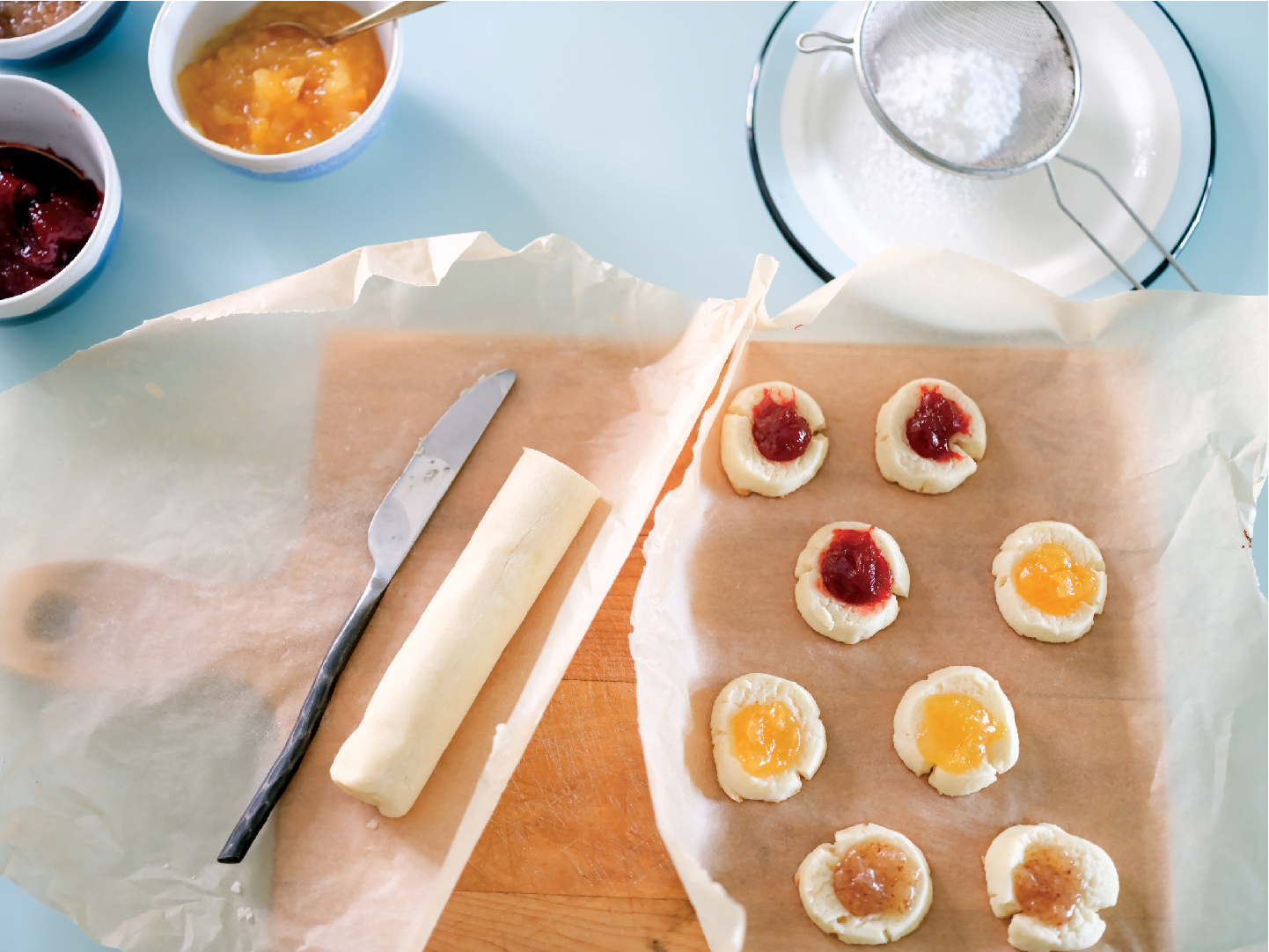

Next up on the agenda is St. Nicholas Day in early December, a Christian holiday with European roots in which children leave out a shoe in hopes of finding some treats inside it the next morning. That's followed by Las Posadas, a tradition observed in Calderon's native Mexico that leads up to Christmas Eve; participants reenact the biblical story of Mary and Joseph traveling from one place to the next, trying to find a safe haven to bring the baby Jesus into the world. The Calderon-Freeman family observes this ritual with a community of friends who they've become close with over the years. “In many ways, it's like a chosen family,” Freeman says.
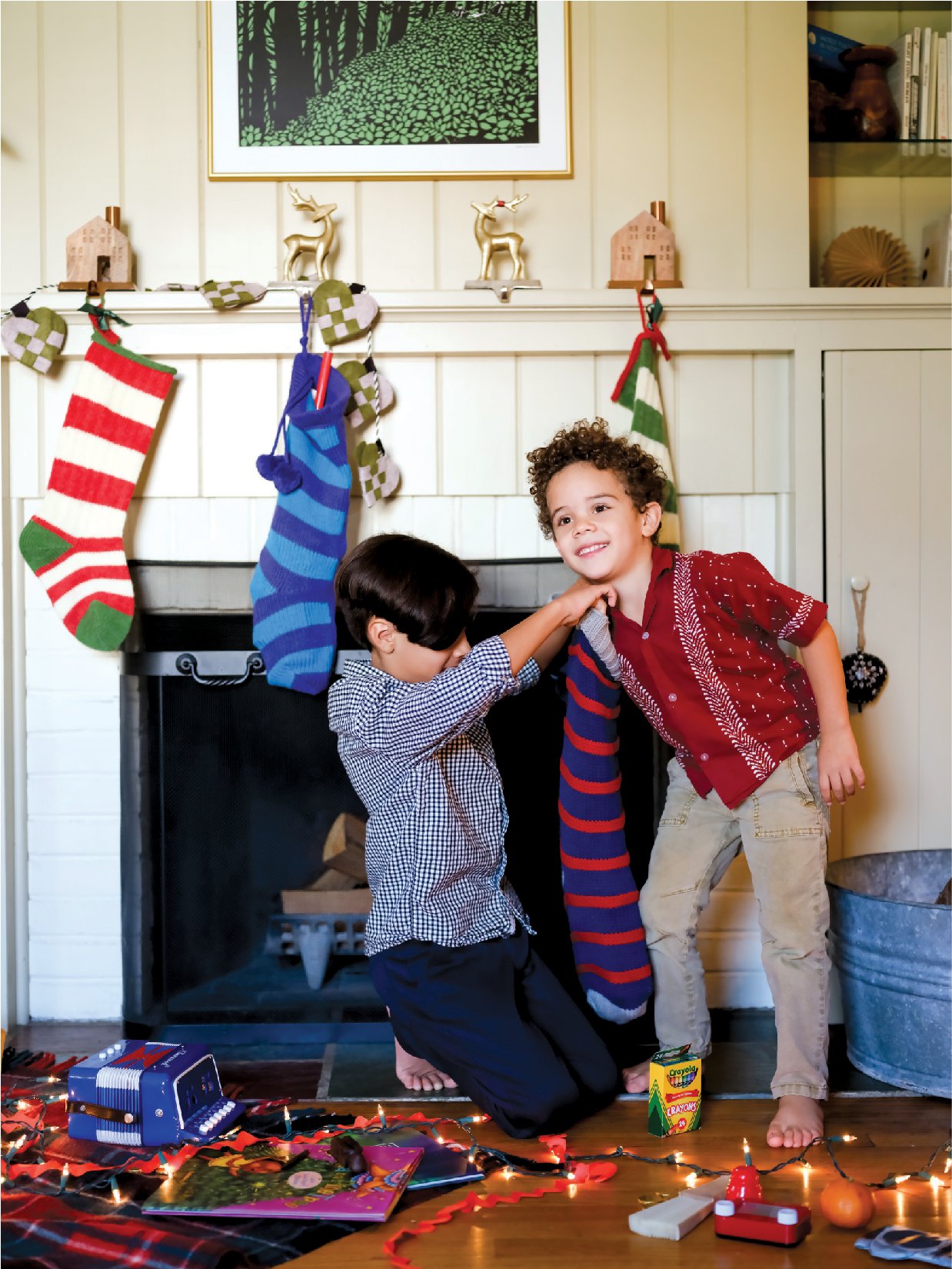
Christmas itself is spent either with Freeman's family in the United States, or with Calderon's family in Mexico. Then the new year brings Three Kings Day, the last major stop on the family's Holiday Express. They and their community celebrate with the traditional Mexican Rosca de Reyes, a pastry with a baby Jesus figure (or figures) baked inside. Freeman says whoever collects the most figures will buy the tamales for everyone to celebrate Dia de la Candelaria in February. Like the other holidays, it's a blend of family traditions, cultural customs and their own personal touch. “We've really hybridized it and made it work for us,” says Freeman.
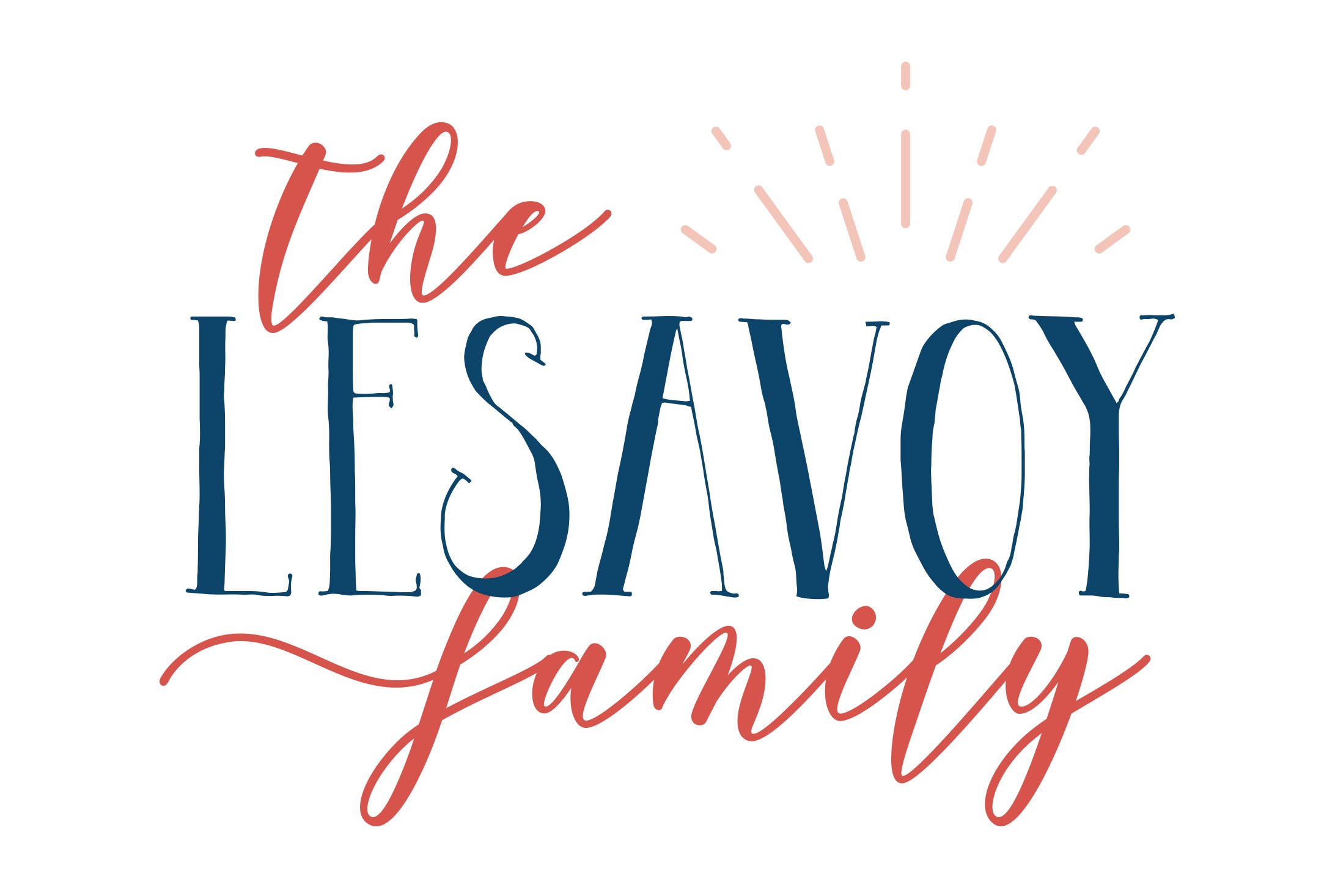
There was a time when Allentown attorney Buddy Lesavoy's family didn't have to travel far to get together for the holidays. “I grew up with 17 family members living on one street,” recalls his daughter, Haley Zimring. Over the years, some family members have put down roots outside the Lehigh Valley, but coming home for the holidays is still a high priority. This year, Buddy and his wife, Laurie, have invited 22 family members to celebrate Hanukkah at their home. The COVID-19 pandemic has forced them to rethink some of the seating arrangements, but one thing remains the same: “We don't lack for food,” says Buddy.
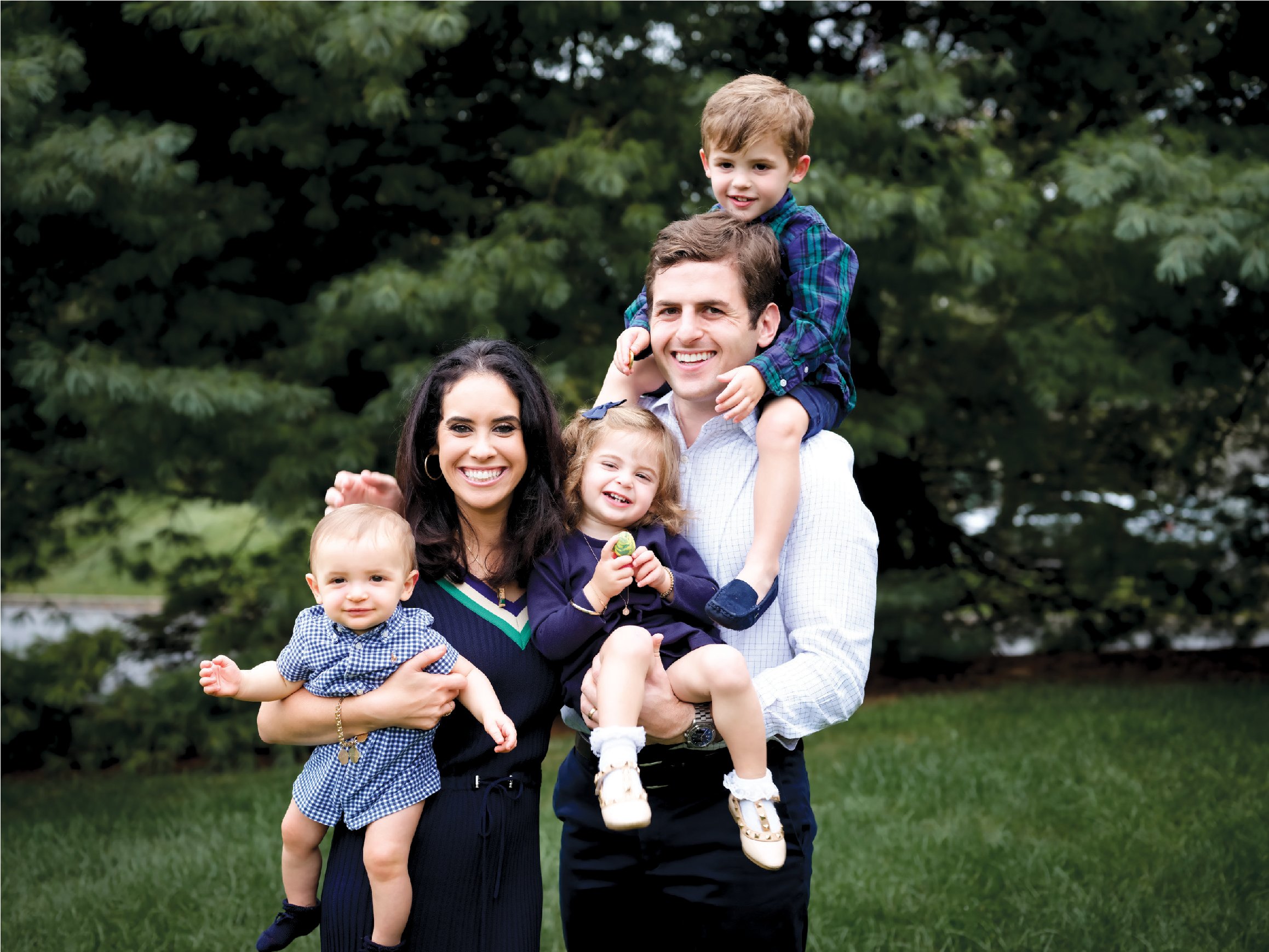
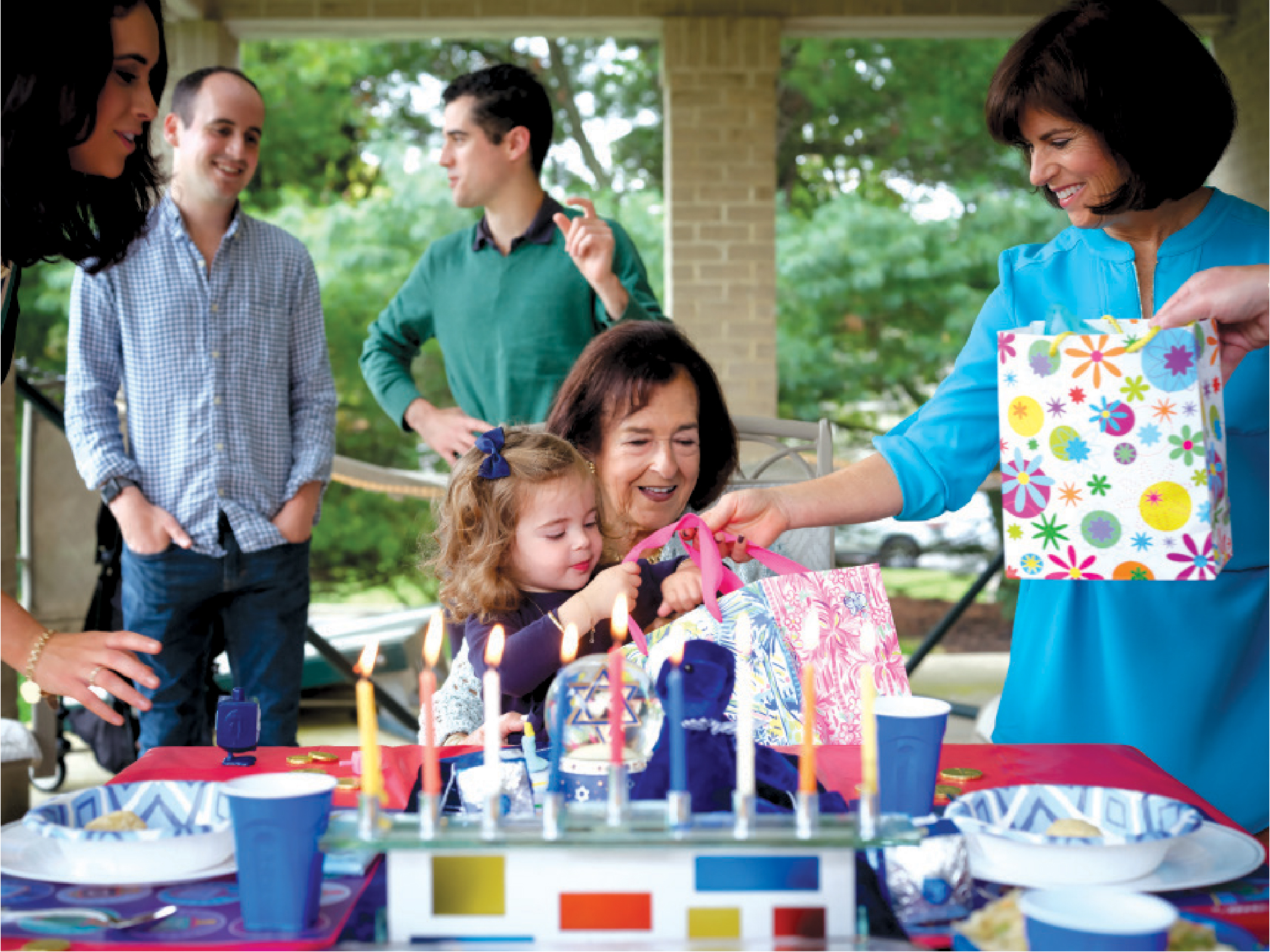
For years the family has feasted on traditional Jewish favorites like brisket, coleslaw and kugel. The latke recipe they rely on can be traced back to Laurie's grandmother, who is lovingly remembered as “Mommom Hannah.” And don't forget the applesauce—that's another recipe that has been passed down through several generations. The secret to success lies in the type of apples used. “It needs to be the reddest apples we can find so [the applesauce] is pink,” Haley says. “The apples aren't peeled.” Buddy says in recent years they've added some healthy alternatives to the table, like broccoli dishes and kugel made from cauliflower.
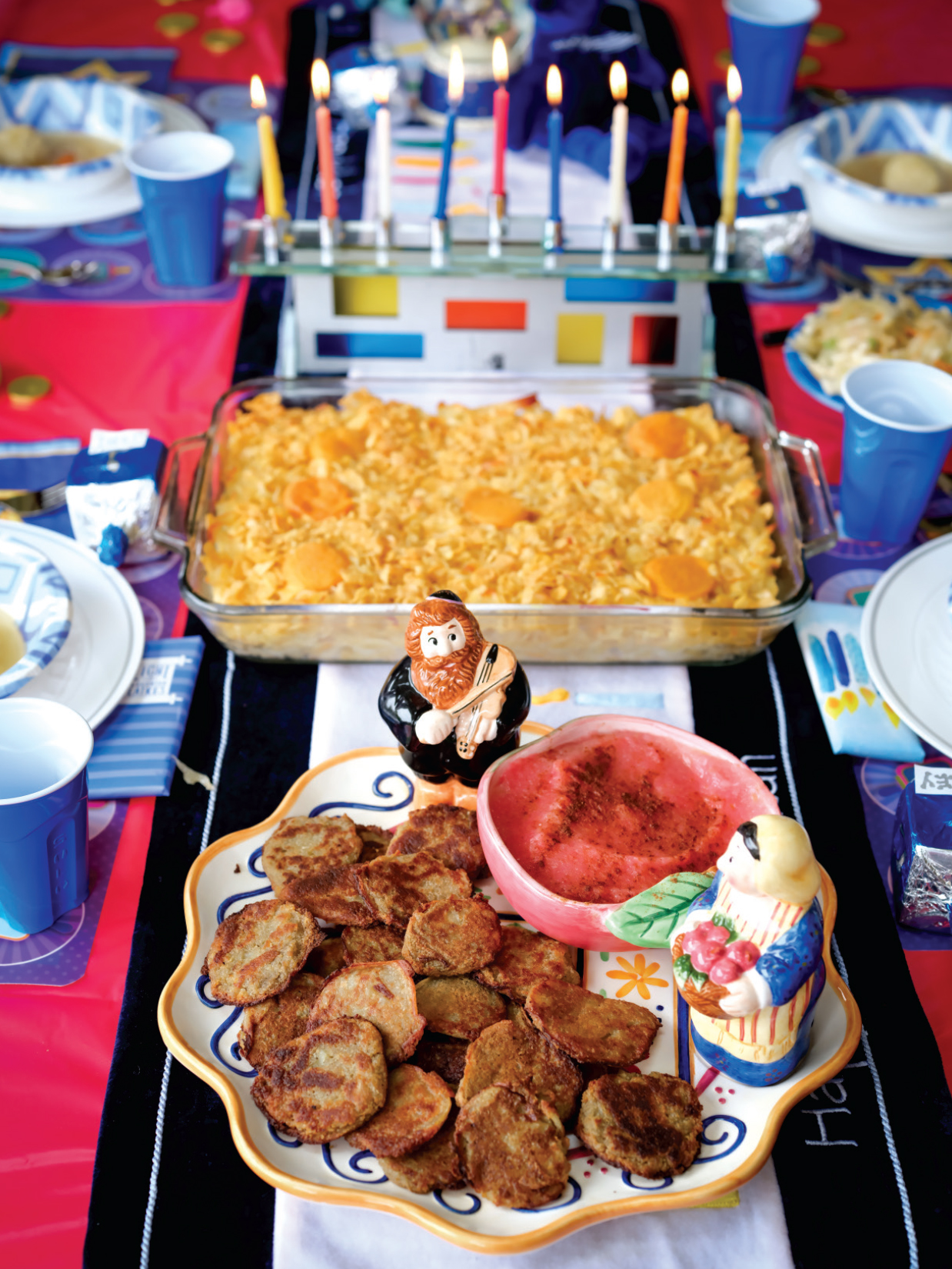
But while the culinary staples may make mouths water, the act of breaking bread under one roof is what's truly important to the family. “It's the show-and-tell aspect of it,” says Buddy. “You can try to teach tradition, but we show it. We've got four generations here that have gotten together for the past five years.” Echoes his mother-in-law, Manya Stein: “It's very important for us to have the whole family together.” This time, the family will be missing its beloved patriarch—Laurie's father, Dr. Stanley Stein, passed away last year; the family was with him on the last night of Hanukkah and lit candles around his hospital bed. “He is always missed but especially at all the holidays and celebrations, so especially in his honor and memory it's more important than ever to carry our ancestral traditions forward,” Buddy says.

Christmas has always been a day to catch up with friends and family from near and far for fashion designer Kapinga Bashala. “Thirty people, 40 people come to have dinner with you,” she says. Raised in Congo, Africa, this CEO of Kapy Bash Mode, founder of the Kapy Bash Foundation and mother of eight has called the Lehigh Valley home since 2003. She still relishes the chance to reconnect with her crew every December, who (in pre-pandemic times) come from different parts of the U.S. and Canada to celebrate with her. “Most of the time we haven't seen each other for a year,” says Bashala.
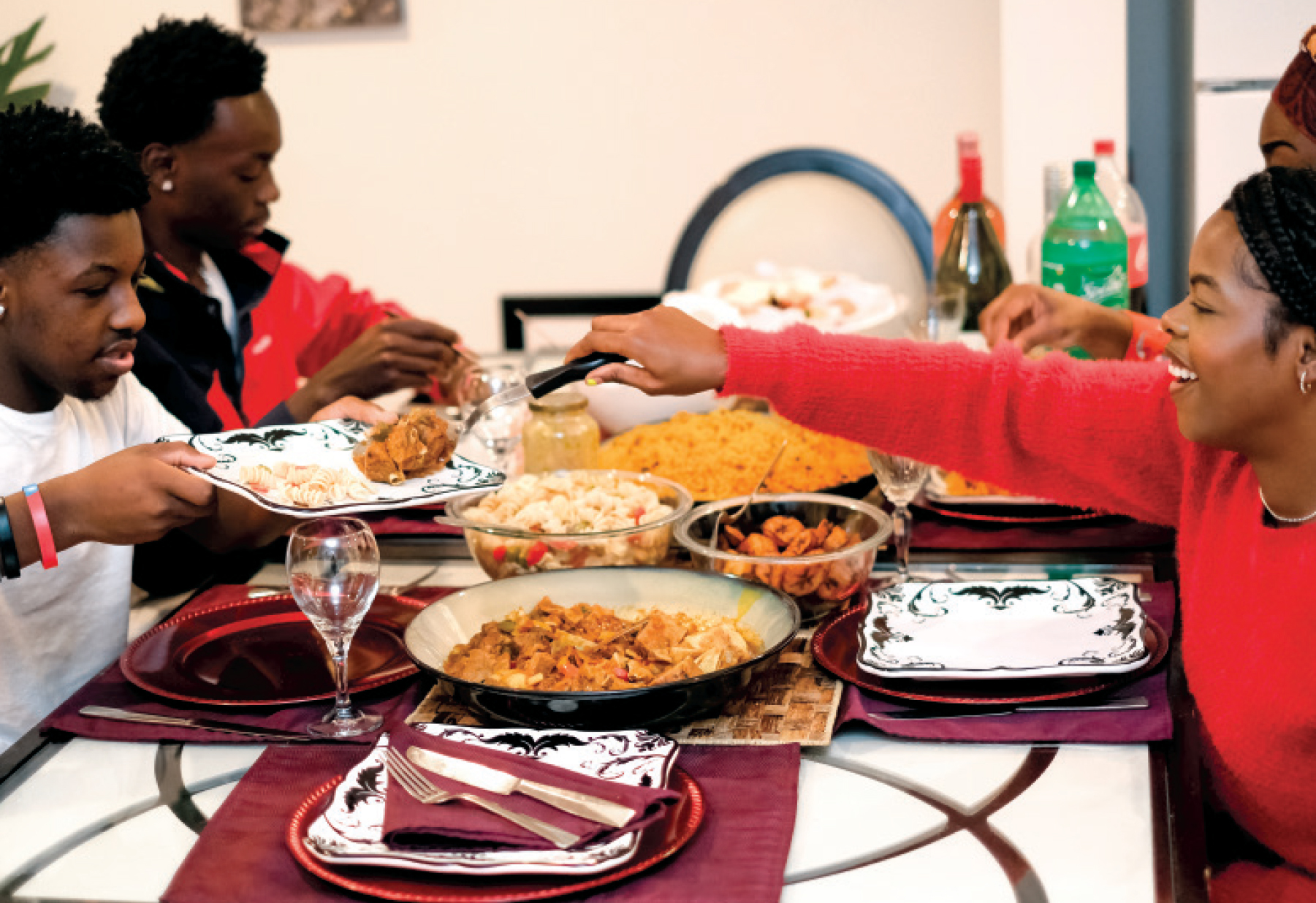
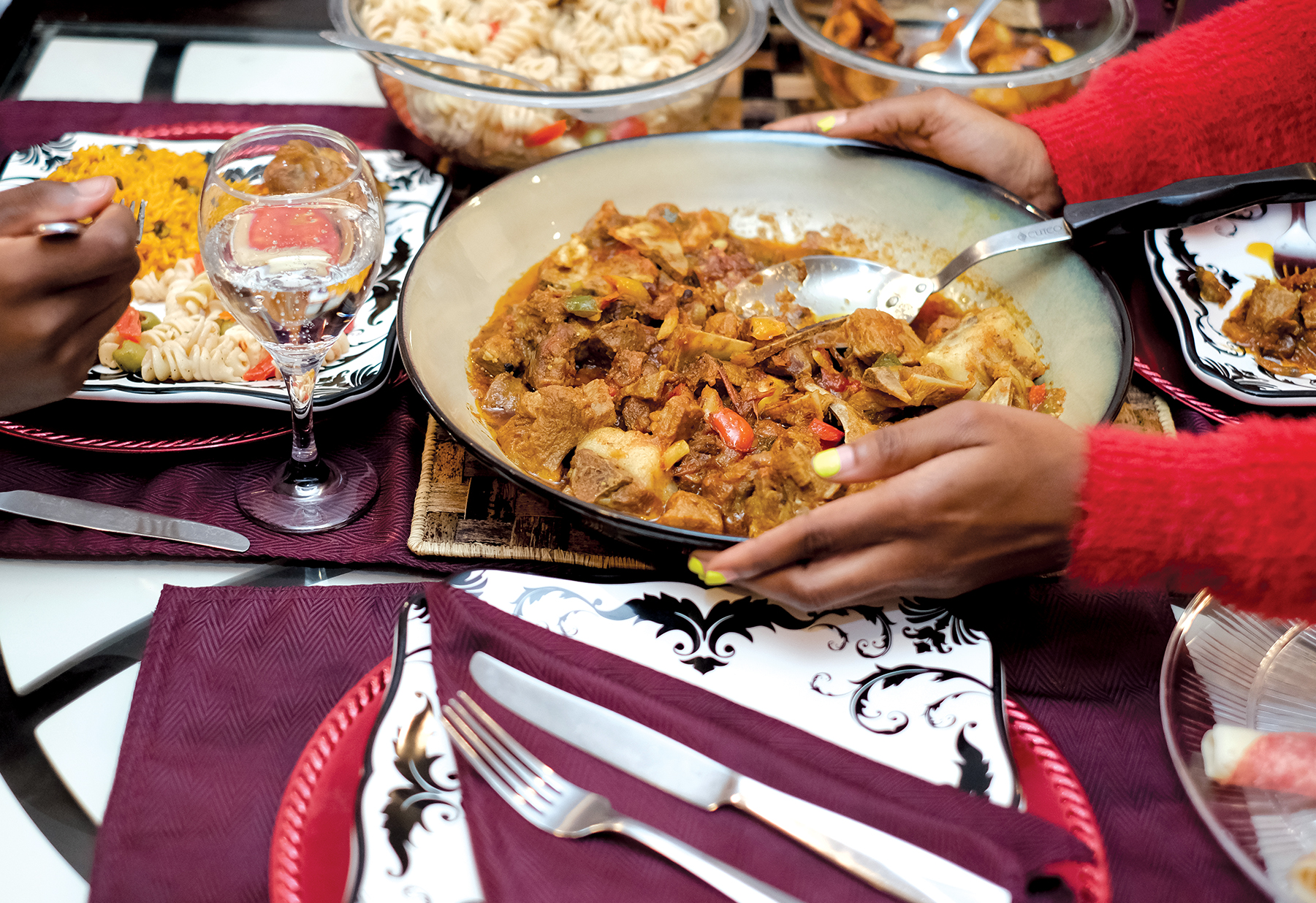
For the Christmas feast, it's customary for attendees to come bearing a prepared dish. Fried plantains are a popular choice, and so is fufu, which is made of starchy foods that have been boiled, pounded and rounded into balls. The centerpiece is usually roasted goat, another African tradition, and also goat meat stew, which Bashala says in Africa was always prepared by her mother and her aunts.
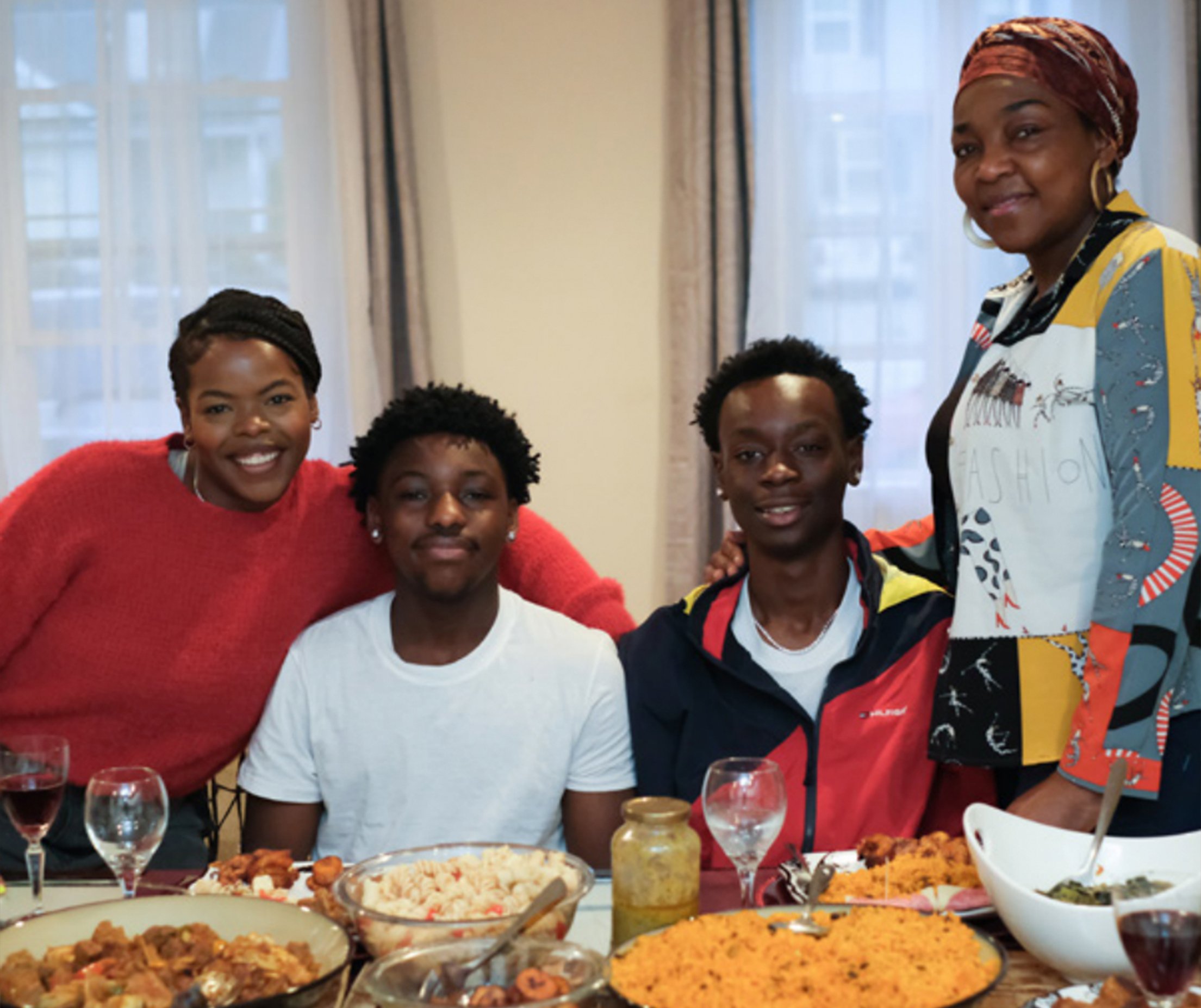
Worship, gift exchanges and decorating are also on the agenda; Bashala's personal twist on the holiday is to keep the family's (artificial) tree up until Valentine's Day. It's adorned with pink and red lights to celebrate what Bashala refers to as “the holiday of love.”
While Christmas is a big deal in her household, Thanksgiving is not a holiday that has ever loomed large on Bashala's social calendar. “In our faith, Thanksgiving is every day,” she explains. “Every day you wake up is Thanksgiving.”
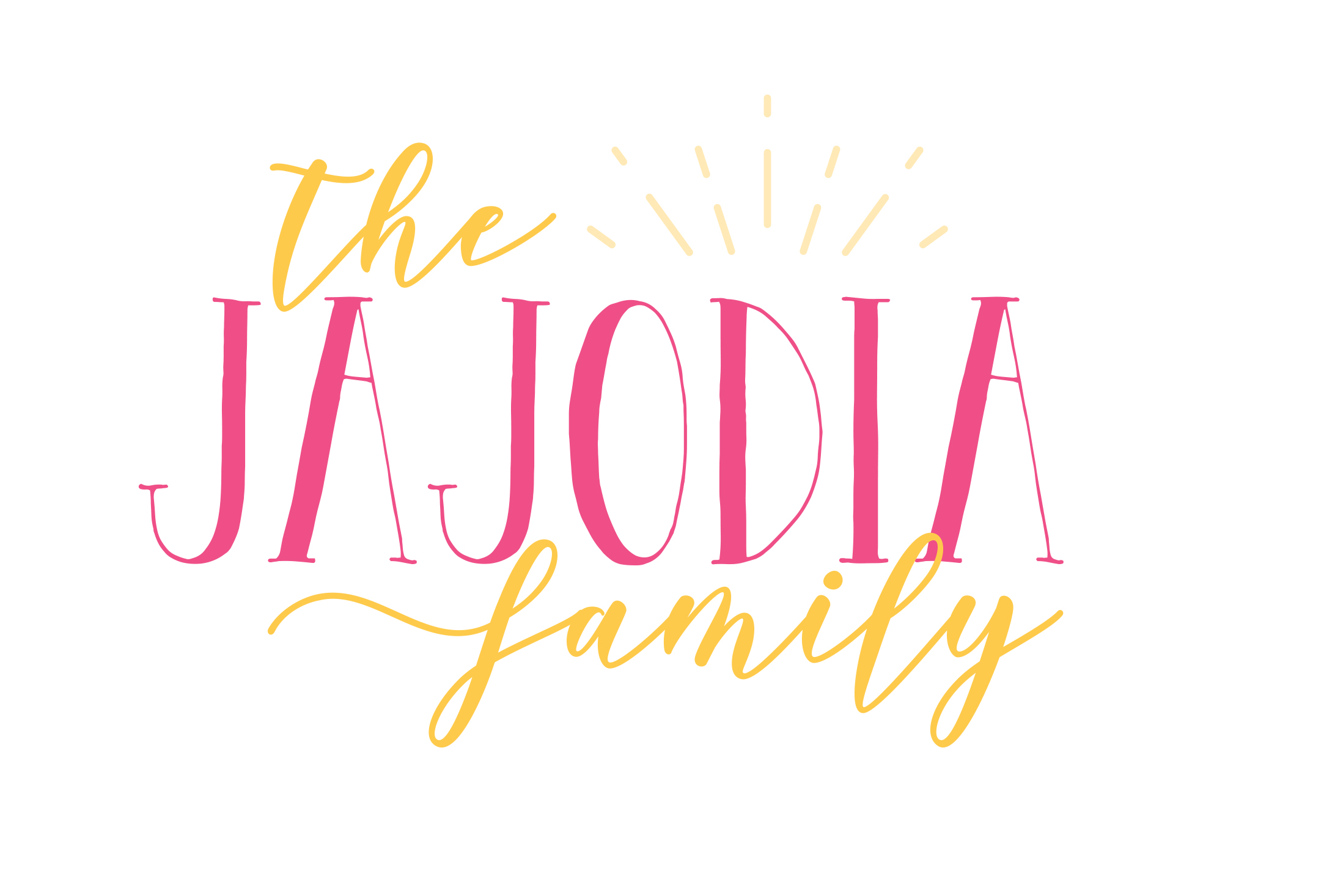
Shweta Jajodia remembers the excitement of celebrating Diwali with her family in her native India. “It was equivalent to what Christmas is now,” she says. Schools would close, stores and markets would be bursting with goods and decorations, and her home would welcome a parade of people bearing treats to munch on. “The snacks would last you a few weeks,” Jajodia explains, “because the friends and family would keep coming.”
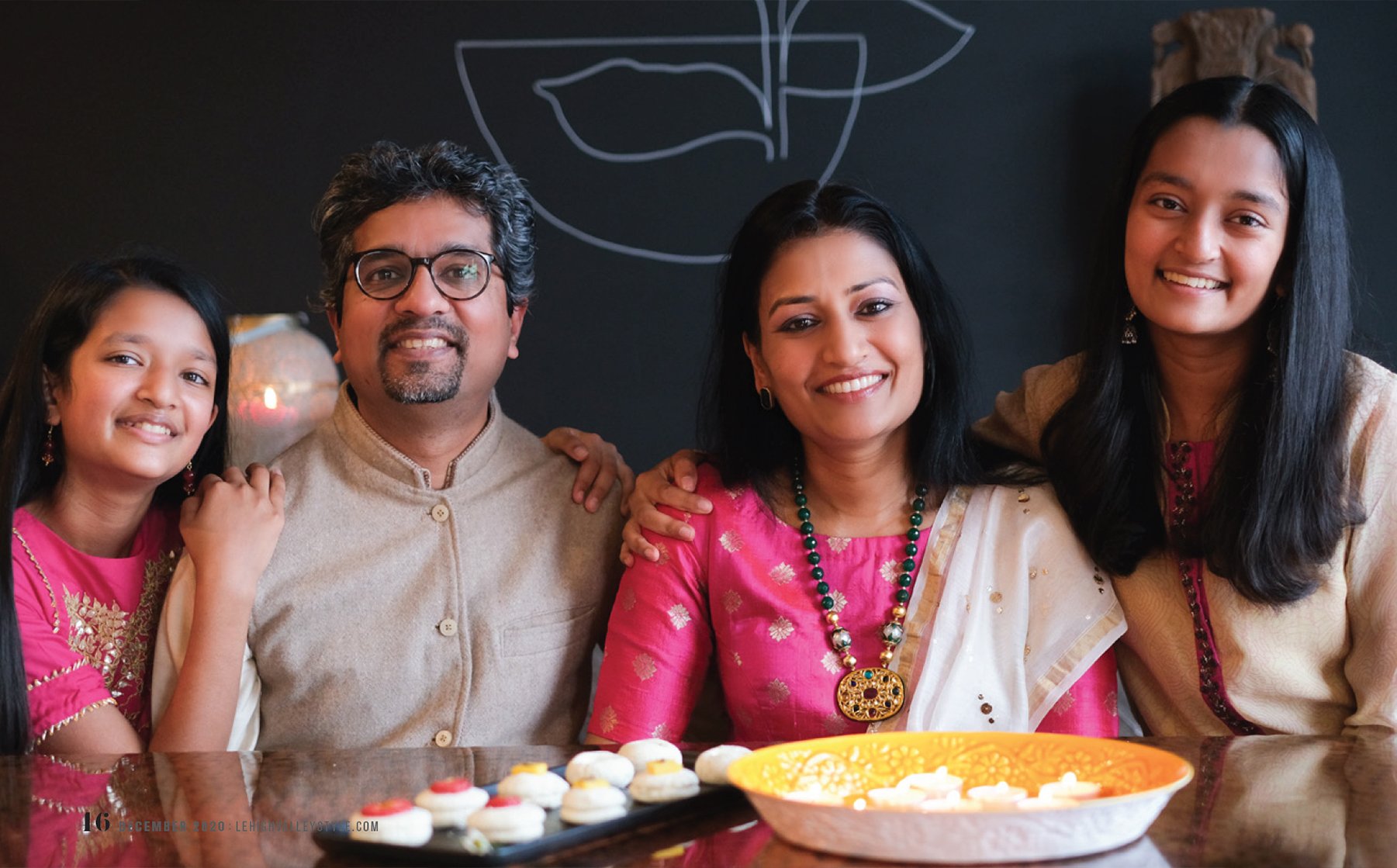
Diwali is a five-day festival of lights marked by Hindus, Sikhs and Jains around the globe. “Mostly, it is symbolic of the victory of good versus evil,” Jajodia says. It usually falls in late October or early November and coincides with harvest and new year celebrations. People observe the holiday by decorating their homes, setting off fireworks, worshipping at temple and getting together to exchange gifts and foods—often treats, such as sandesh, a sweet, lightly flavored cheese fudge. The decorations may include lamps and candles, as well as the art of rangoli, which uses powdered materials to painstakingly fashion intricate and symbolic patterns.
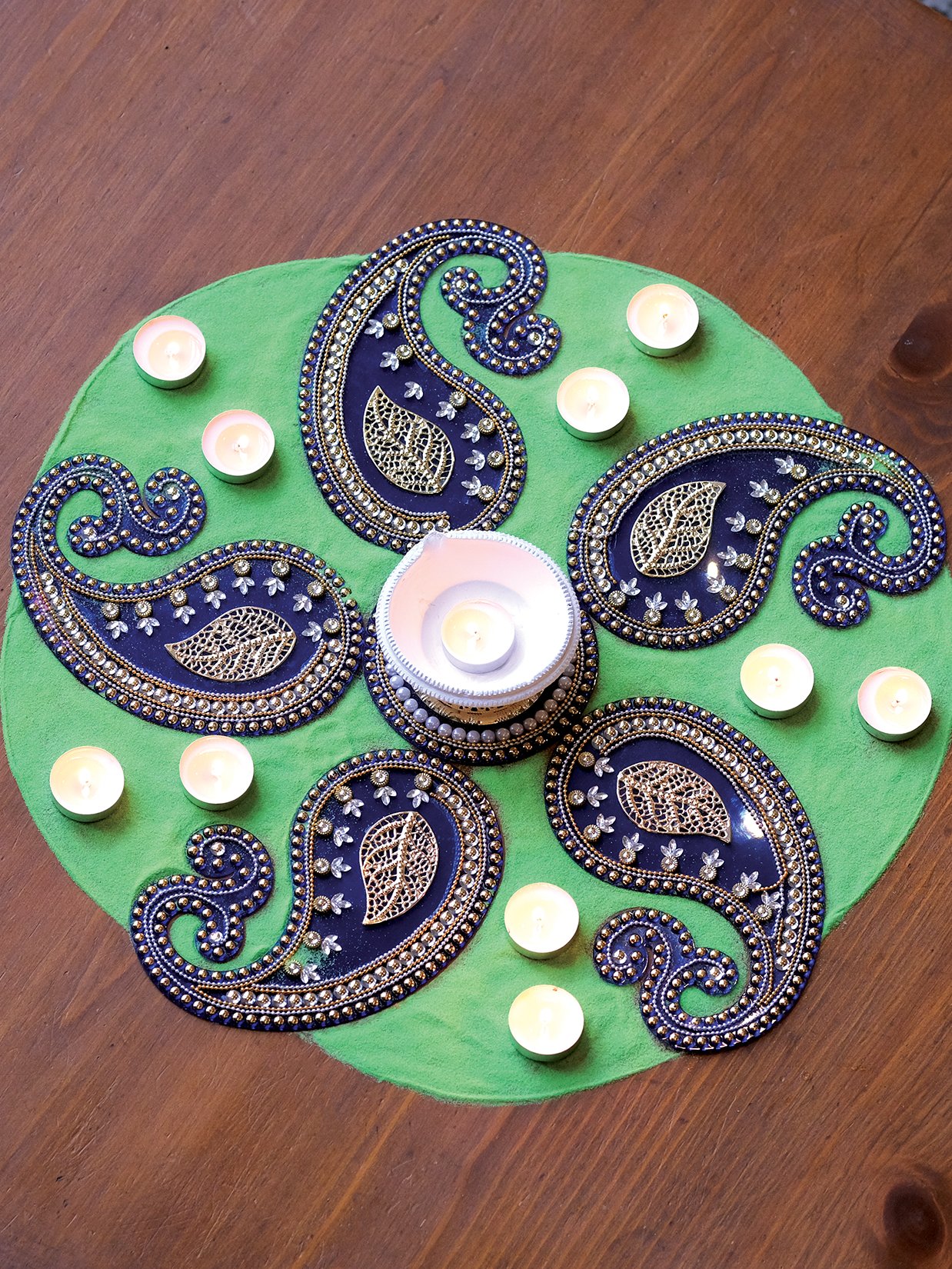
Jajodia, owner of SJ Interiors, came to the U.S. in 2002, and now strives to recreate the magic of Diwali with her own family, albeit on a smaller scale. She lives in the Allentown area with her husband, Lokesh Gandhi, and daughters Reva, 15, and Veda, 10. Jajodia says it's important to her to pass on these cultural traditions to her daughters, especially since Diwali isn't as prevalent here as it is in India. “I'm happy to say they're very much into it,” she says. “They look forward to all the things we do every year. I hope they are able to continue this and carry it through.”











